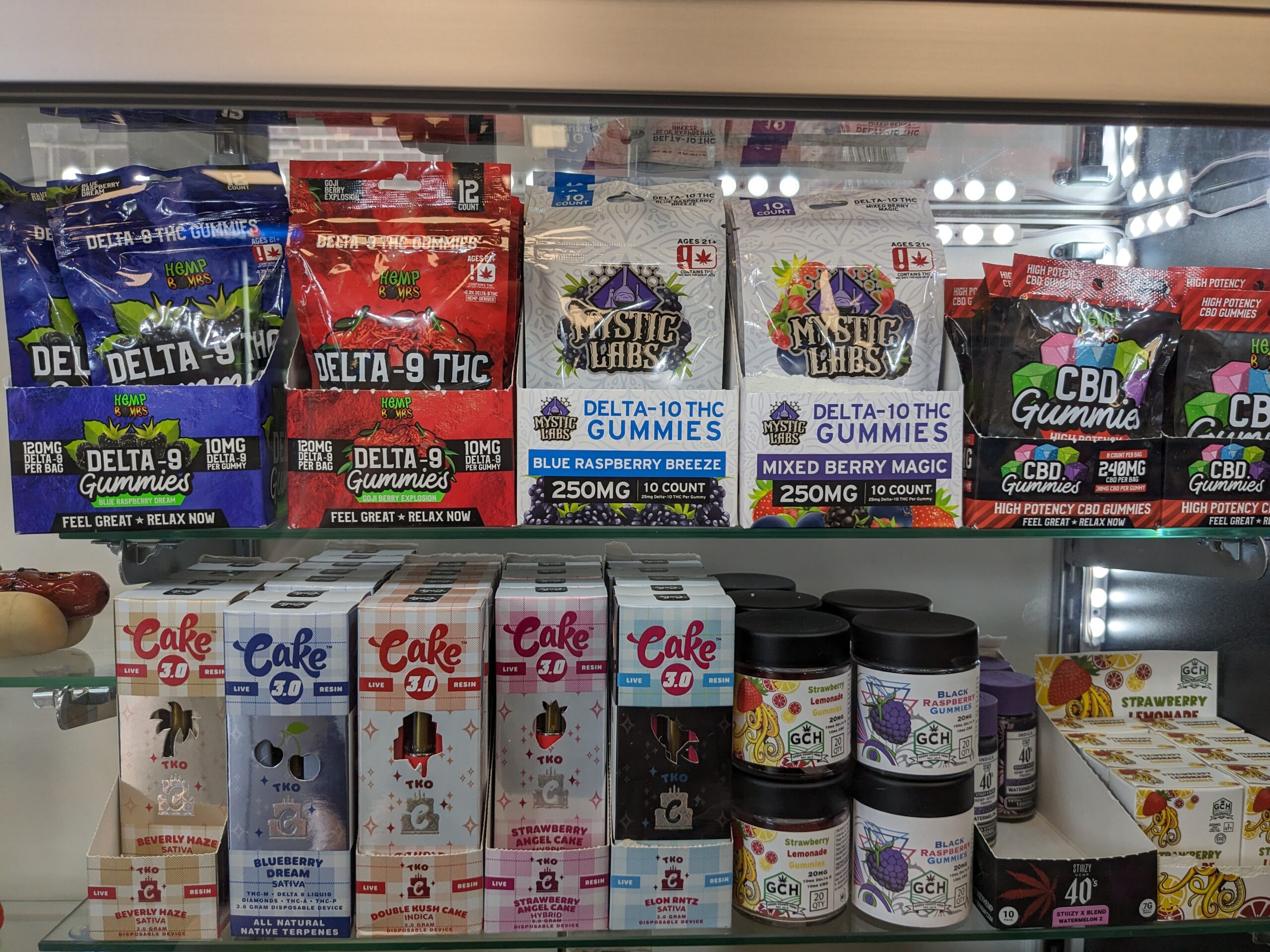
Wisconsin’s hemp industry is facing a potential crisis as proposed federal and state bans threaten to outlaw most hemp-derived THC products, including Delta‑8 THC, Delta‑10 THC, HHC, and THCA. Local business owners warn that the restrictions could devastate retailers, manufacturers, and supply chains, costing jobs and investment across the state.
The threat comes as federal lawmakers consider provisions in a government funding bill that would limit legal hemp products to extremely low THC levels and prohibit psychoactive uses. Simultaneously, Wisconsin legislators are pushing bills that would redefine hemp under state law and ban the sale of products containing psychoactive cannabinoids, closing a loophole created under the 2018 Farm Bill.
For many Wisconsin businesses, hemp-derived THC has become a significant source of revenue. Entrepreneurs in Milwaukee, Madison, and Wauwatosa have invested heavily in production, retail, and distribution, developing a thriving market of gummies, beverages, and wellness products. One store owner said:
“Our hemp gummies are our best-seller. If the ban goes through, my seven employees and I could be out of work overnight.”
Another company producing THC beverages warned that a federal ban would force them to shutter or pivot within a year, threatening their entire supply chain, from cultivation to retail. These companies argue that existing regulations around testing, labeling, and age restrictions already ensure safety, and a full ban is unnecessary.
Supporters of the bans cite public safety concerns. Legislators point to cases of accidental consumption, especially among minors, and argue that psychoactive hemp products are difficult to regulate effectively. Milwaukee’s recent ordinance already prohibits sales to anyone under 21 after children were hospitalized from ingesting THC gummies.
Industry leaders, however, contend that proper regulation—not outright prohibition—is the solution. They advocate for stricter labeling, testing, and enforcement, rather than eliminating a legal and rapidly growing market. Wisconsin businesses argue that bans would not just shutter shops but also reduce tax revenue, destroy jobs, and cripple local supply chains.
The economic stakes are substantial. Hundreds of small businesses statewide rely on hemp-derived THC for revenue, and thousands of employees are connected to production, distribution, and retail. Experts say that a sudden ban could ripple through local economies, causing job losses and investment withdrawal.
Lawmakers are still considering the proposals, and hearings in the state legislature are expected in the coming months. Federal action could trigger a one-year compliance period for businesses, forcing difficult decisions about whether to close, pivot, or move operations out of state.
As the debate intensifies, Wisconsin hemp business owners are lobbying for compromise, emphasizing the need for practical regulation rather than a ban that could destroy the industry they have worked years to build. With both federal and state decisions looming, the future of hemp-derived THC in Wisconsin hangs in the balance.
Watch video below :












